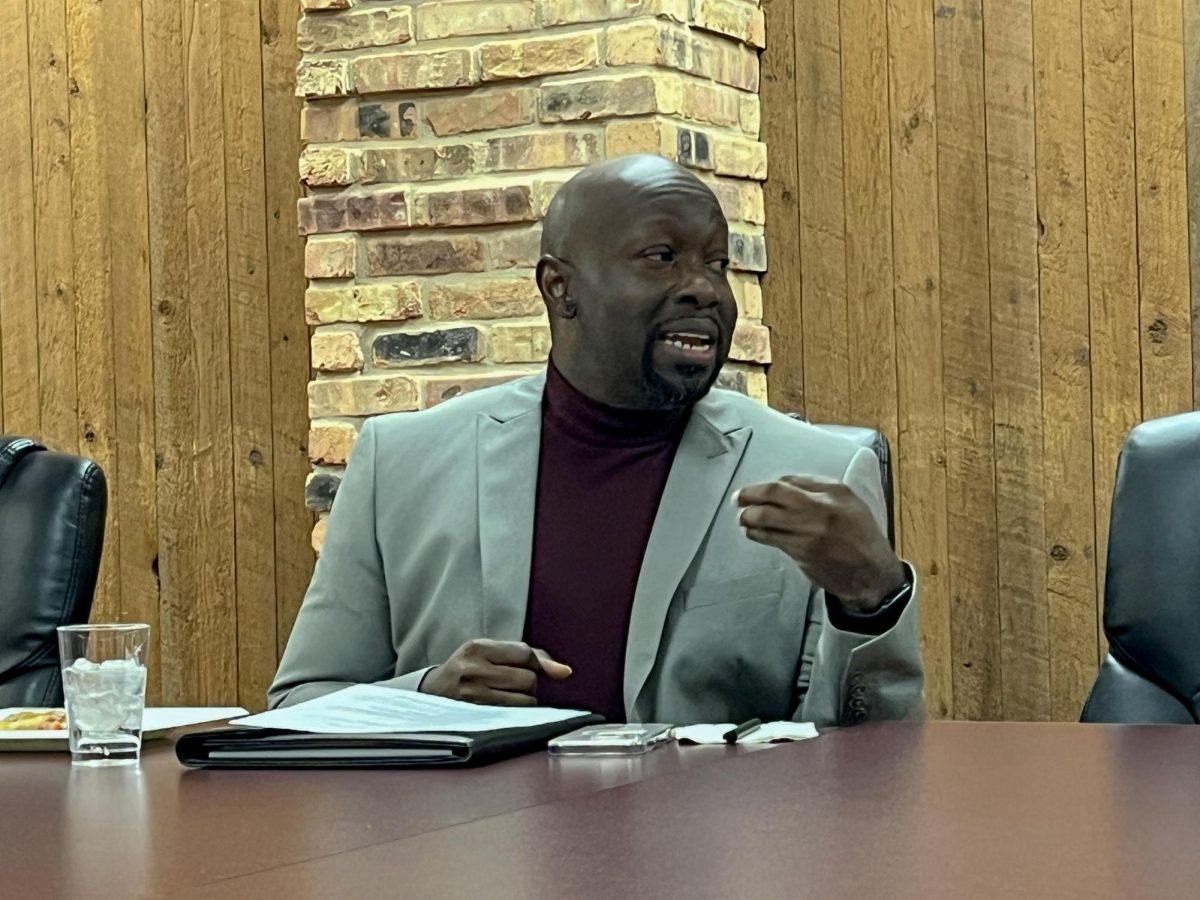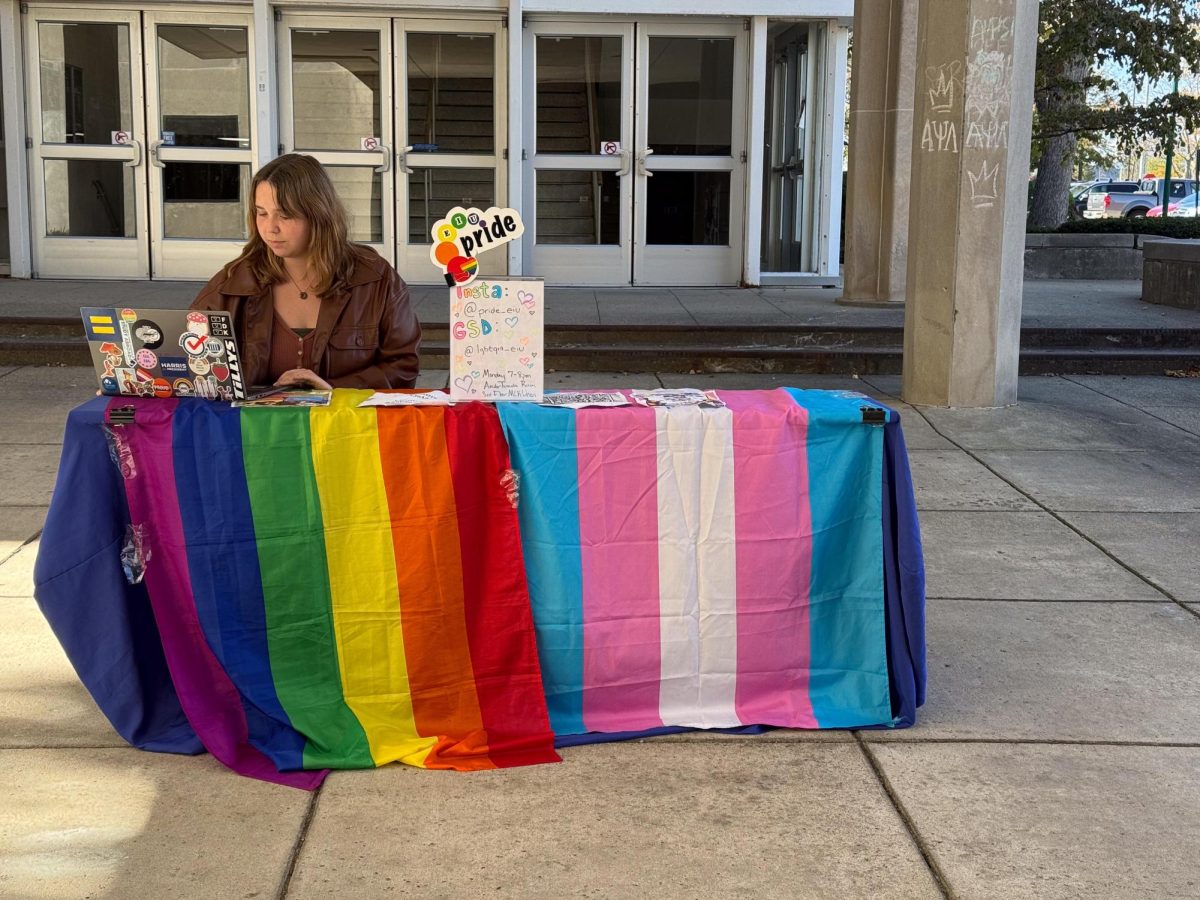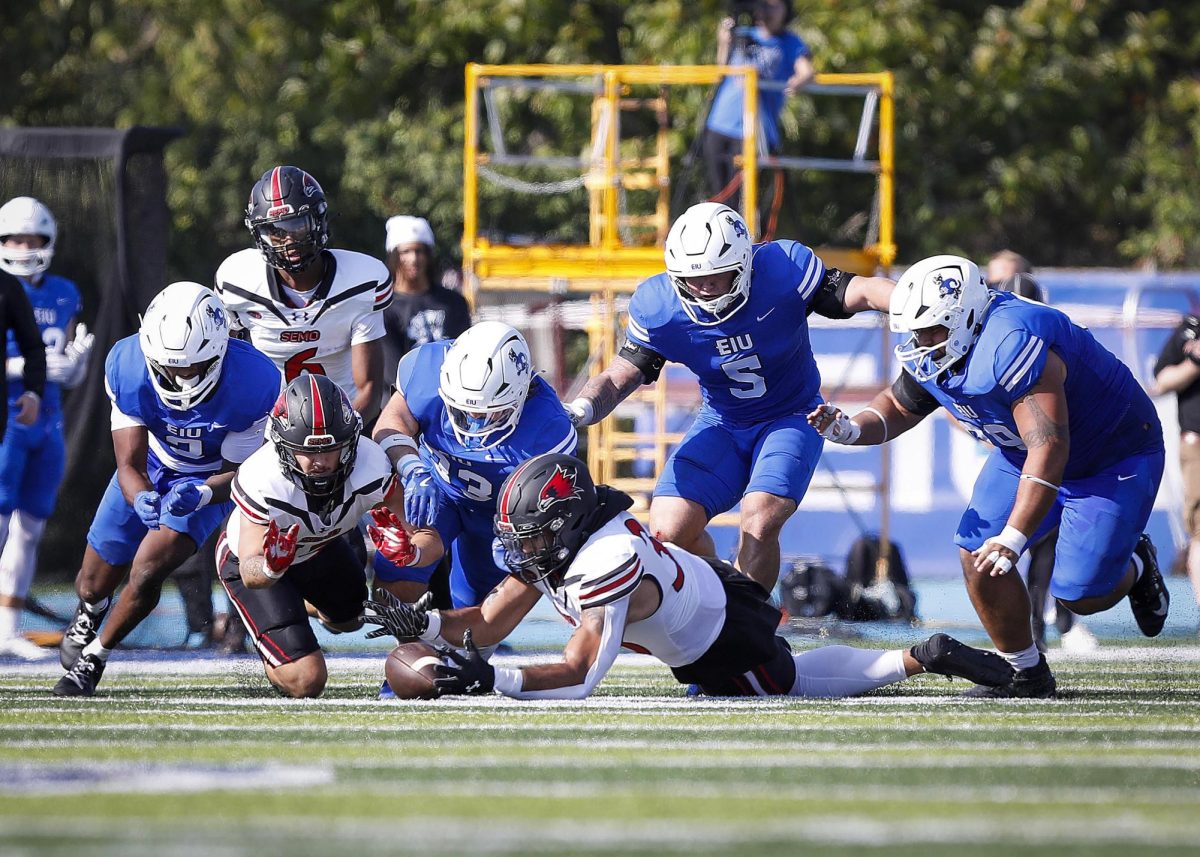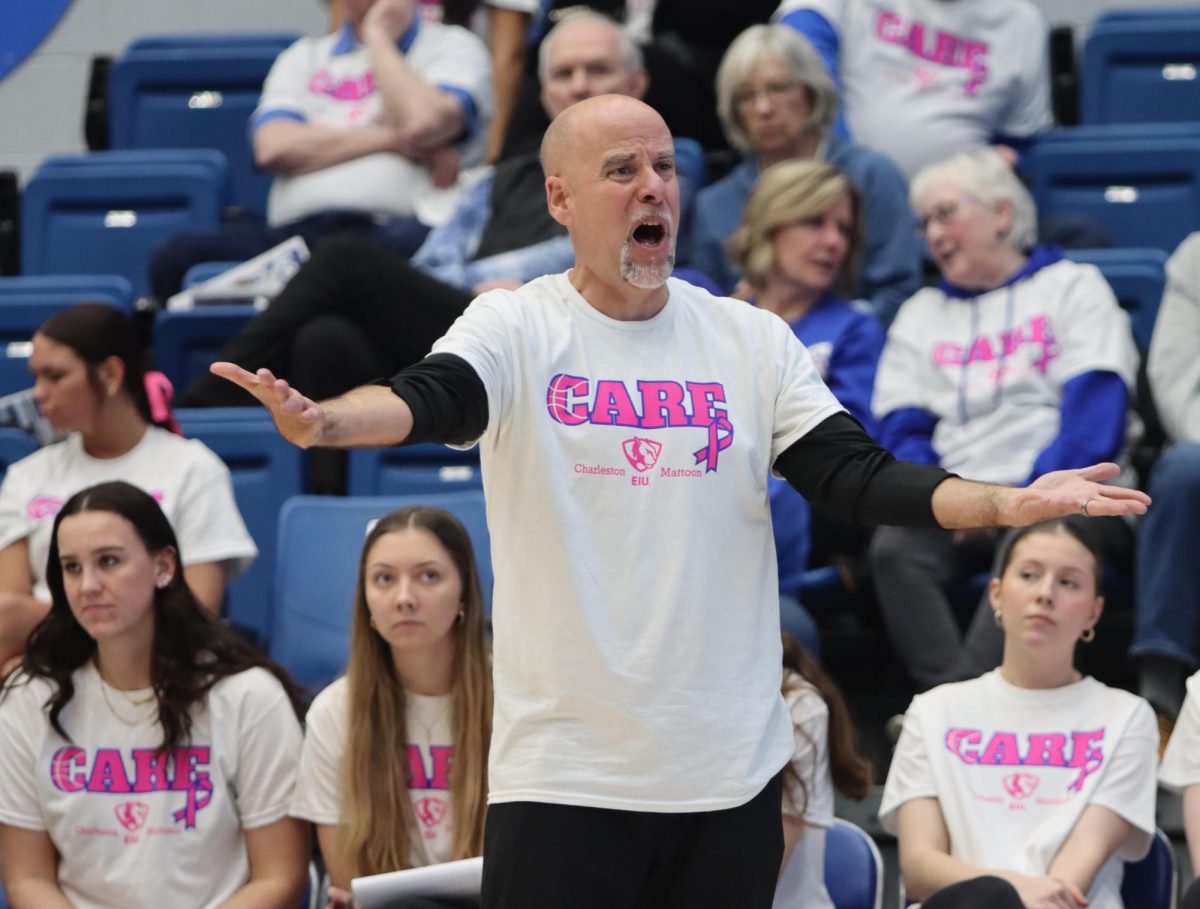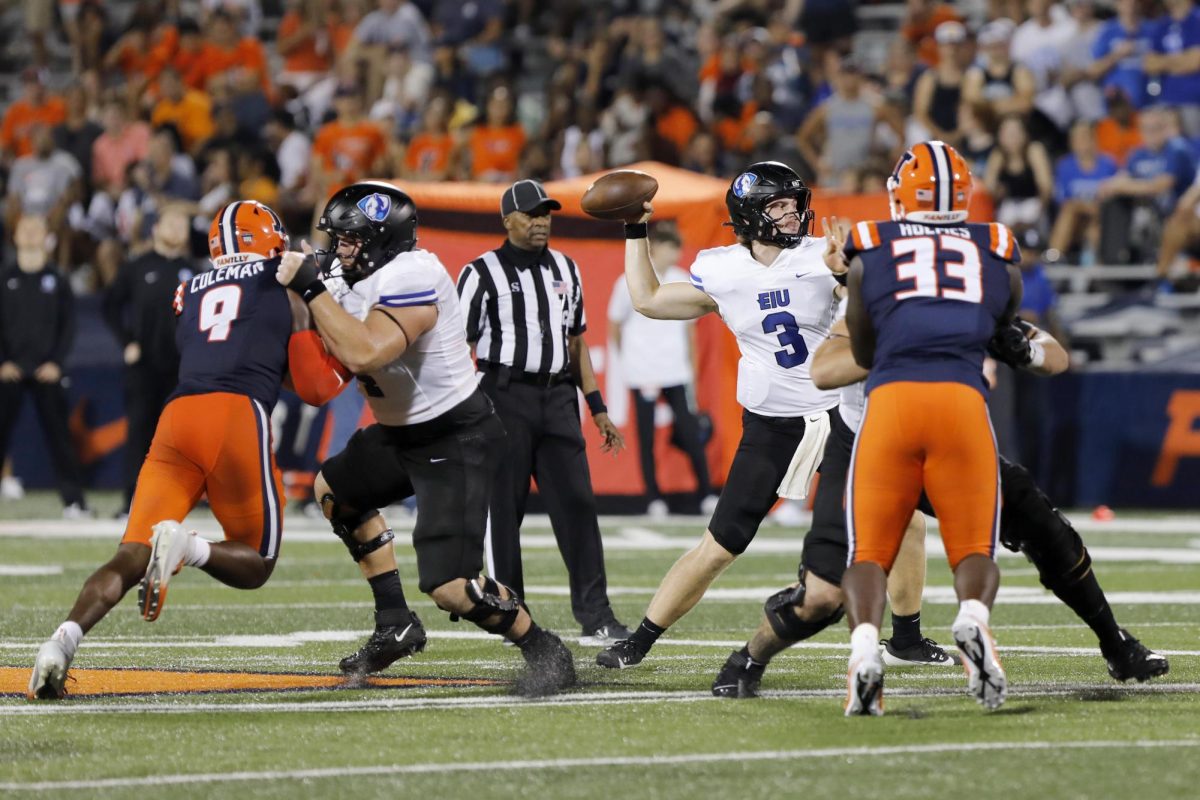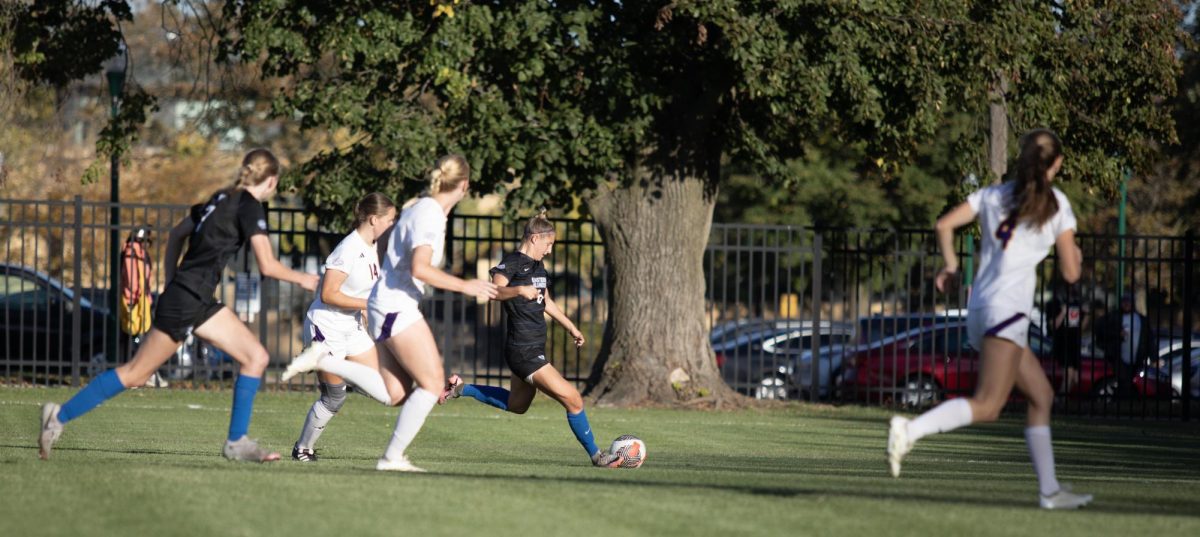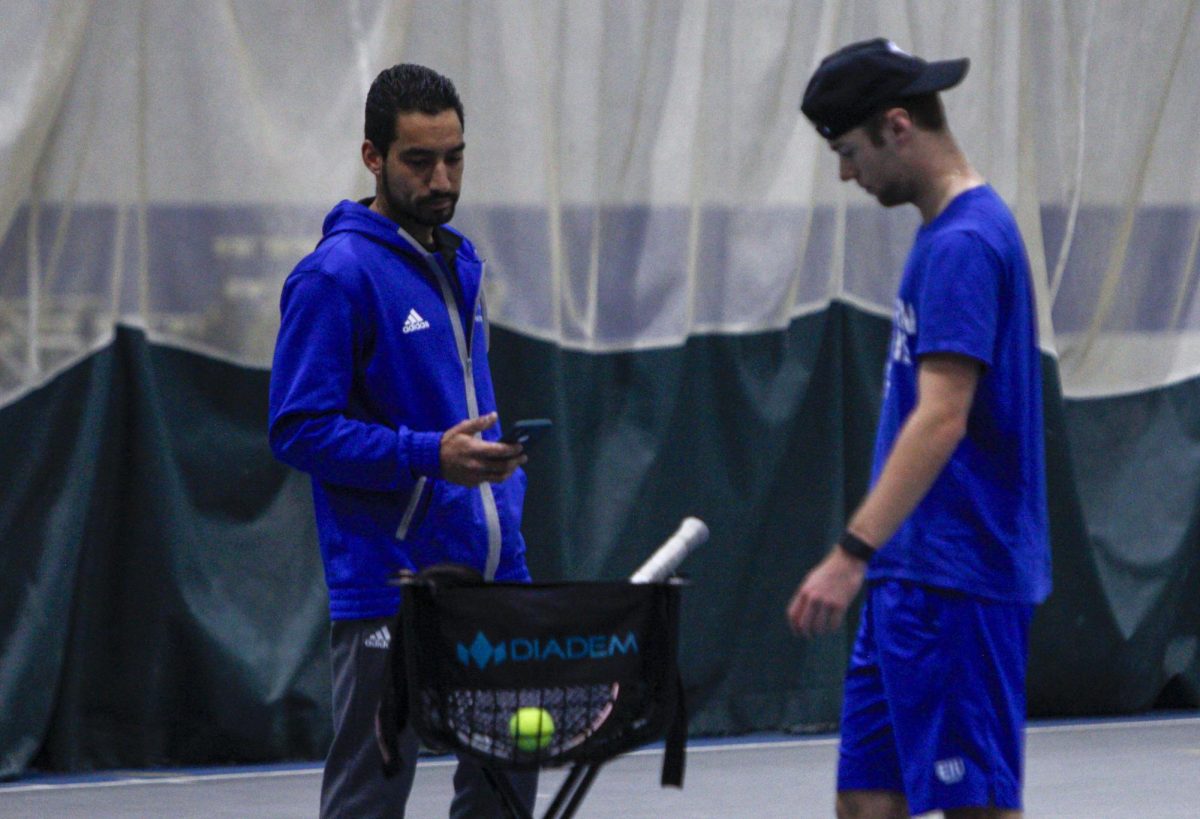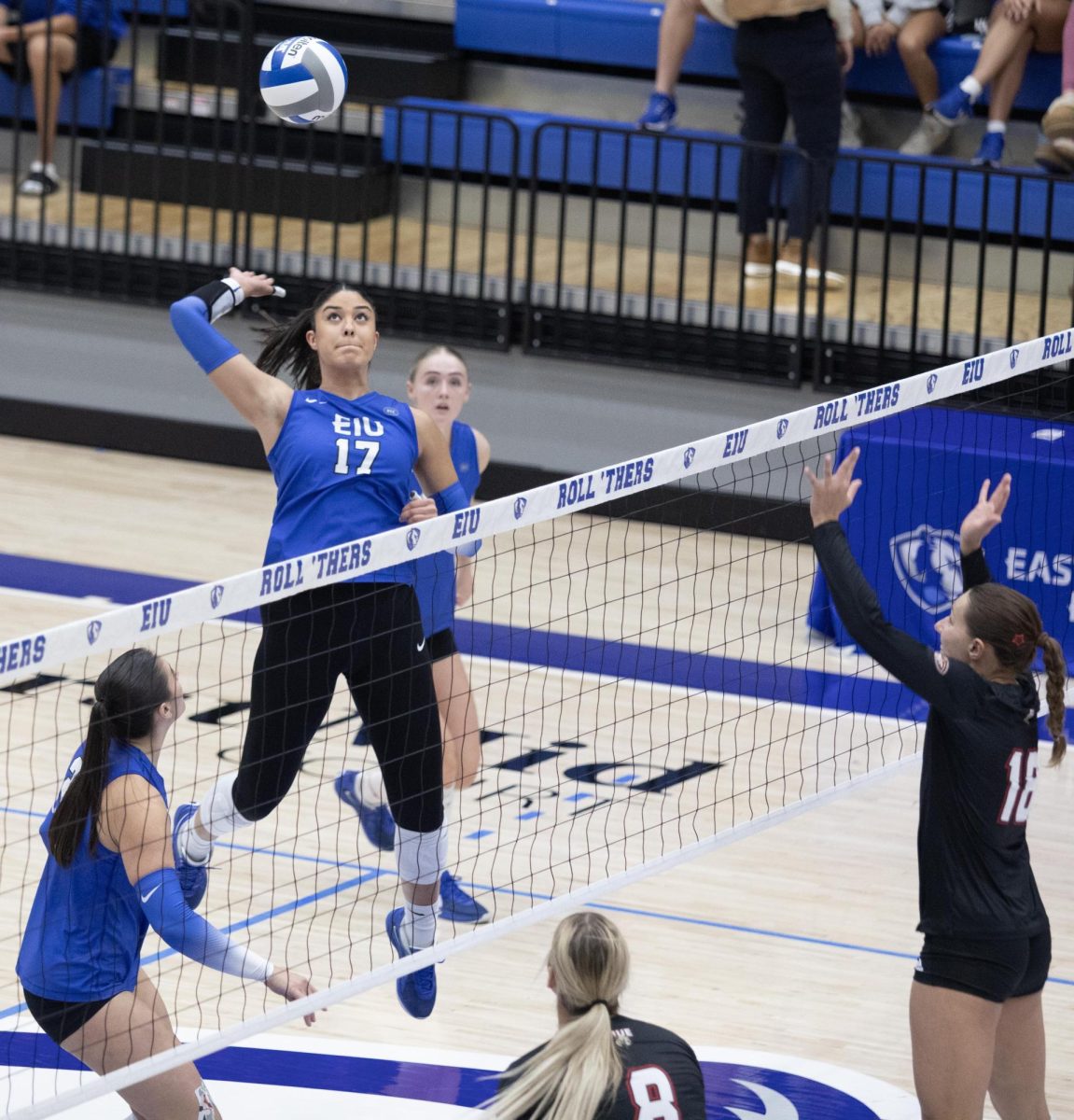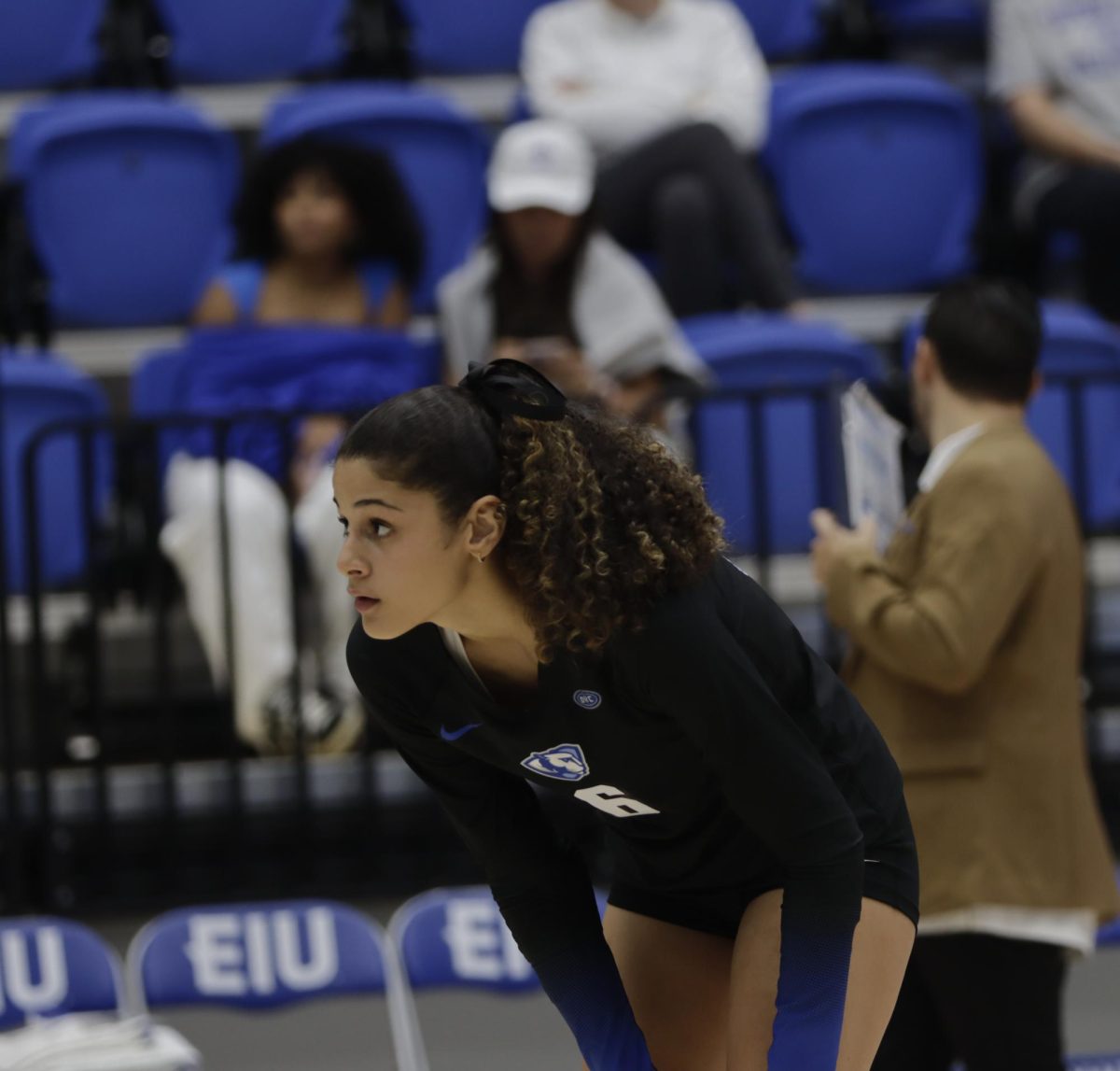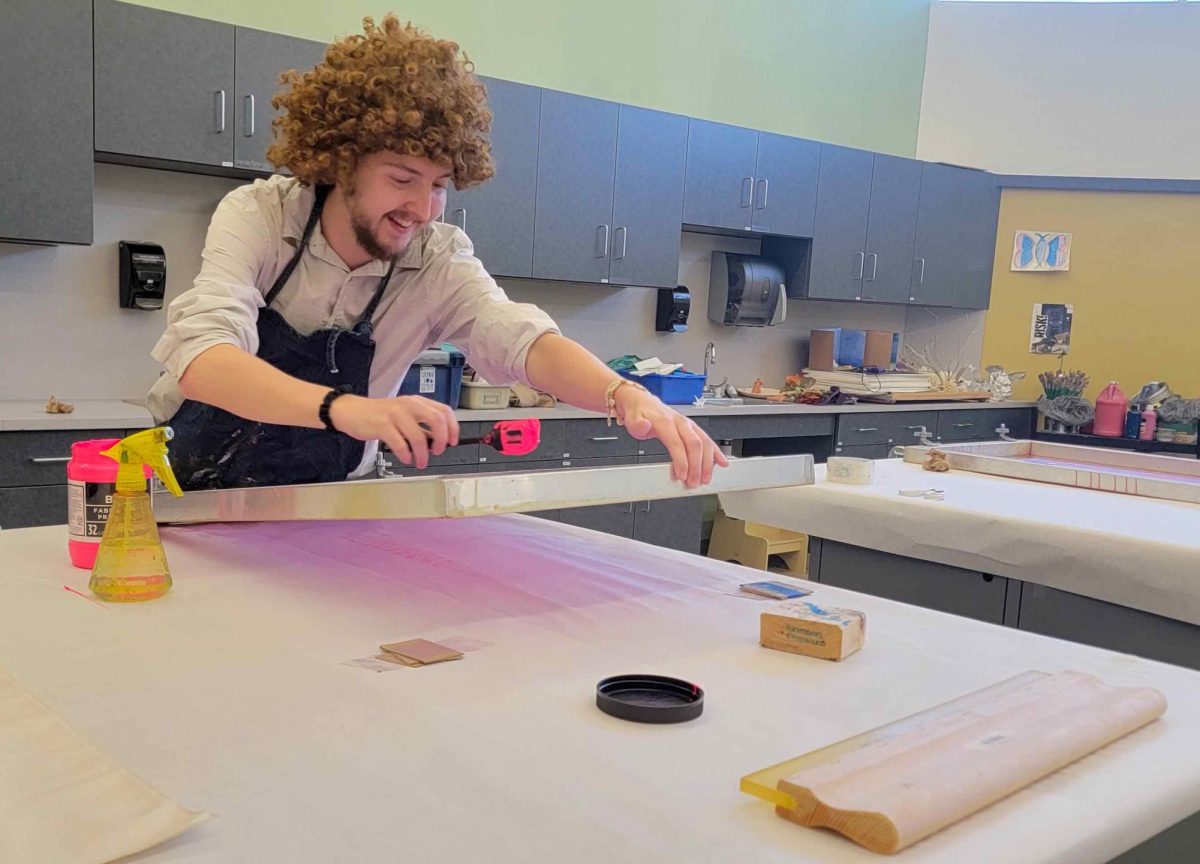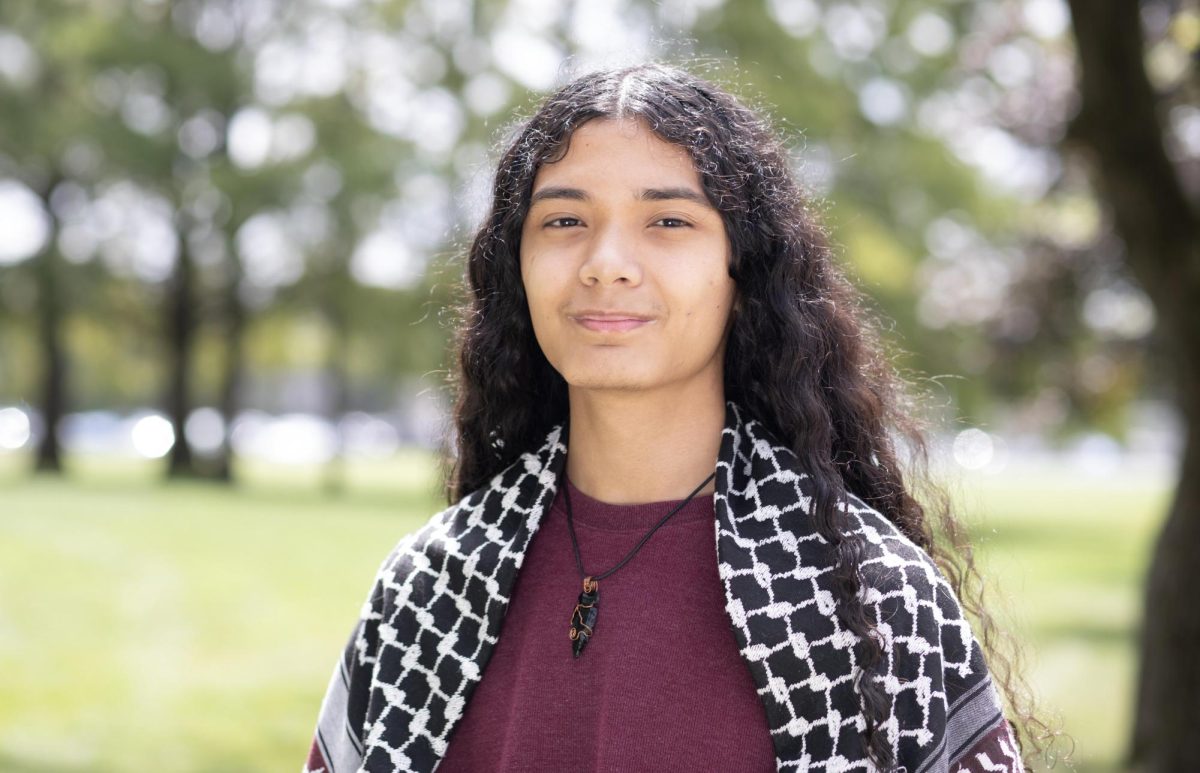Massacre mystery to be solved at lecture
November 13, 2017
The mystery surrounding the Zong Slave-Ship Massacre will be solved Tuesday during Phi Beta Kappa’s 27th annual Fall Lecture.
Michelle Faubert, professor of English, film and theatre at the University of Manitoba, will be presenting her lecture titled “The Zong Slave-Ship Massacre: A New Discovery in the British Library” from 5 p.m. to 6:30 p.m. on Nov. 14 in the Doudna Fine Arts Center’s Lecture Hall.
The lecture will be the final in a series of three lectures by Faubert. The series is sponsored by the Redden Foundation, the Eastern Center of the Humanities and the Phi Beta Kappa Alumni Association.
Faubert has been offered numerous scholarships from England, Germany and Canada to study suicide and its history.
Faubert said her research started in the Romantic era, where she was looking at the relation between suicide and Romanticism.
“Often times, you see suicide as an act of rebellion during this period,” Faubert said. “Now, it’s become associated with weakness and cowardice.”
Her research took her to the British Library, where she found the letter she will be discussing during “The Zong Slave-Ship Massacre.”
“On the surface, it doesn’t seem to have that much in common with my main research on suicide and Romanticism, but as I went through the letter, I discovered there is the issue of slave suicide,” Faubert said.
Faubert said the Romantic era brought the notion of suicide being a form of rebellion, especially for slaves in the slave trade.
“My main talking point will be about my discover of the letter,” Faubert said. “Where did it come from? How did it end up in the British Library? Essentially, the provenance of the letter.”
Suzie Park, the English Research Seminar founder, said she wanted to find a way for a world-class scholar to visit campus to help show the relationship between teaching and research.
“I think seeing (Faubert) at work is honestly inspiring for the students and for us,” Park said.
Park said the lecture will provide a way for students to fully see the importance and the reason people perform research.
“We research to further the life of the mind, to encourage other people to have great ideas, and to recover great ideas that have been buried, like in Dr. Faubert’s case,” Park said.
English Professor C.C. Wharram said while the ideas to be presented in Faubert’s lecture are over 200 years old, they still hold prevalence in modern society.
“We have authors from back then who discuss issues that are essentially the ideas of virality,” Wharram said. “That being said, we didn’t have the idea of viral videos until around 20 years ago.”
He said that despite the age of these works, they still make us reflect on ourselves today.
Wharram knew Faubert from a few years ago, where they were on the same panel discussing the work of science relating to the romantic period.
“Our topics were kind of similar, though hers was annoyingly more prolific than mine,” Wharram said.
From this, Wharram helped to bring Faubert to Eastern to present on her ground-breaking research.
Faubert said each lecture she gives is always different, and she is excited to see what tomorrow’s lecture brings.
“Every audience asks different questions to keep me on my toes,” Faubert said. “I’m sure the bright minds here at Eastern will be no exception. I think it’s going to be a very good lecture.”
Travis Moody can be reached at 518-2812 or at tlmoody@eiu.edu.



